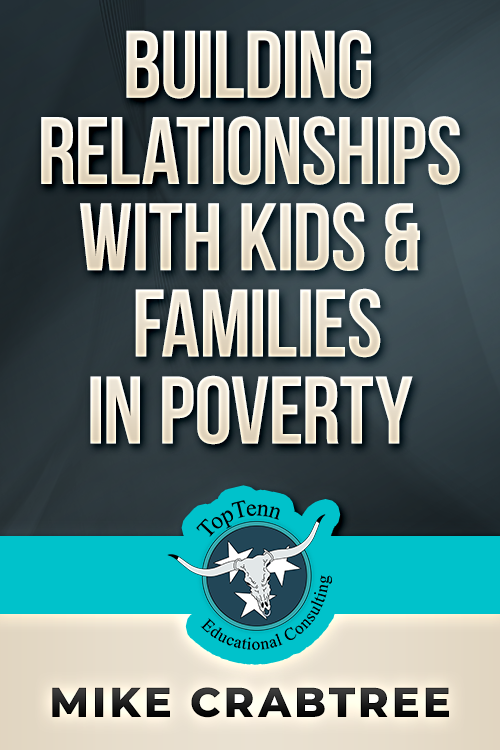The pursuit of wisdom in the realm of education often leads us to treasures that redefine our understanding of learning environments. Among them, the course Building Relationships with Kids & Families in Poverty, led by Mike Crabtree, offers profound insights into education within the context of disadvantaged communities.
Mike introduces a perspective centered around the transformative power of relationships. He asserts, “What you’re doing is sharing life. Share your life with kids, colleagues, families, and communities. You’re going to have a relationship with every kid and every family in your classroom. What kind of relationship depends mostly on you.” These words emphasize the educator’s role in cultivating meaningful connections that can significantly influence a student’s learning experience.
The Power Dynamics of Discipline
Mike’s insights explore in depth the unique disciplinary approaches often found in disadvantaged households, a critical factor frequently overlooked in traditional teaching models. He shares a thought-provoking observation: “Discipline is about punishment. It’s not about correcting behavior necessarily. It’s about paying for your crimes. Punishment is often swift and is often harsh.” This statement highlights the importance for educators to deeply understand these disciplinary patterns.
In this context, consider these key points:
- Punishment in these environments is often immediate and severe, arising from a culture that prioritizes retribution over correction.
- Comprehending these home-based disciplinary approaches can enable educators to respond with empathy and build stronger relationships with students.
- The disciplinary experiences of students play a significant role in their behavior, attitudes, and reactions within the classroom.
Being More than Just a Teacher: The Role of Advocacy
Mike encourages educators to take on the mantle of advocacy, implying that being an educator extends far beyond delivering lectures. It includes understanding the backgrounds and challenges that students face while building strong, compassionate relationships with students and parents alike.
Delving deeper into this role, keep in mind the following facets:
- Student advocacy involves recognizing the unique obstacles students face and providing appropriate support.
- Fostering a strong relationship with parents can provide valuable insight into the student’s challenges and inform strategies for addressing them.
- Consistent and genuine support can have a powerful impact on a student’s academic journey and personal development.
Navigating Disagreements: The Art of Demonstrating Care
Disagreements are a natural part of the educator-parent dynamic, particularly when dealing with a diverse range of backgrounds and perspectives. Mike’s wisdom on handling disagreements is particularly pertinent. He emphasizes that while disagreements may occur, the teacher’s intent to care for a student should never be questioned. Demonstrating genuine concern and affection for students often helps de-escalate intense situations and preserve the relationship.
The Lasting Influence of Personal Histories and Relationships

Drawing from his personal journey, Mike highlights the lasting influence relationships can have on a student’s life. He recounts the experiences with his mentor, Mr. Wyatt, illustrating the lifelong impact an educator’s faith can leave on a student’s trajectory.
Consider these personal insights:
- The power of relationships in education transcends classroom boundaries and can affect students for life.
- Educators should tap into their own educational journeys, drawing strength from their past experiences to connect with students on a deeper level.
- Every interaction holds the potential to become a profound teaching moment that can significantly shape a student’s worldview and self-perception.
Embracing the Power of Relationships
Mike offers a rich exploration of educational philosophies, centering on personal relationships and advocacy. As educators navigate the challenging terrains of education, particularly within the context of poverty, it is crucial to internalize the wisdom imparted by Mike Crabtree.
To delve deeper into these insights and apply them to your educational practice, consider exploring the course Building Relationships with Kids & Families in Poverty. By doing so, we can all contribute to making education a more inclusive, empathetic, and nurturing journey for every child, regardless of their socio-economic background.


